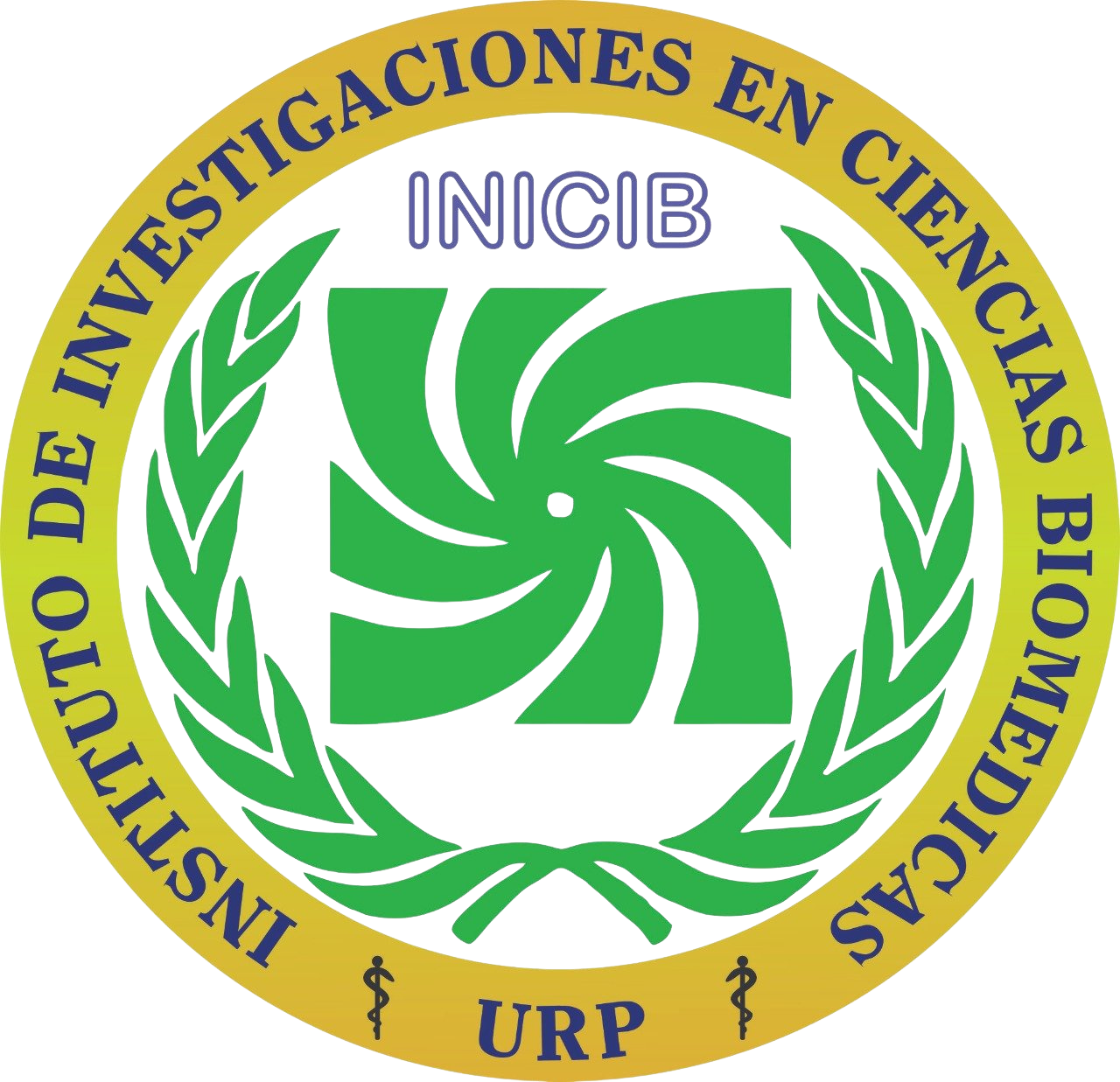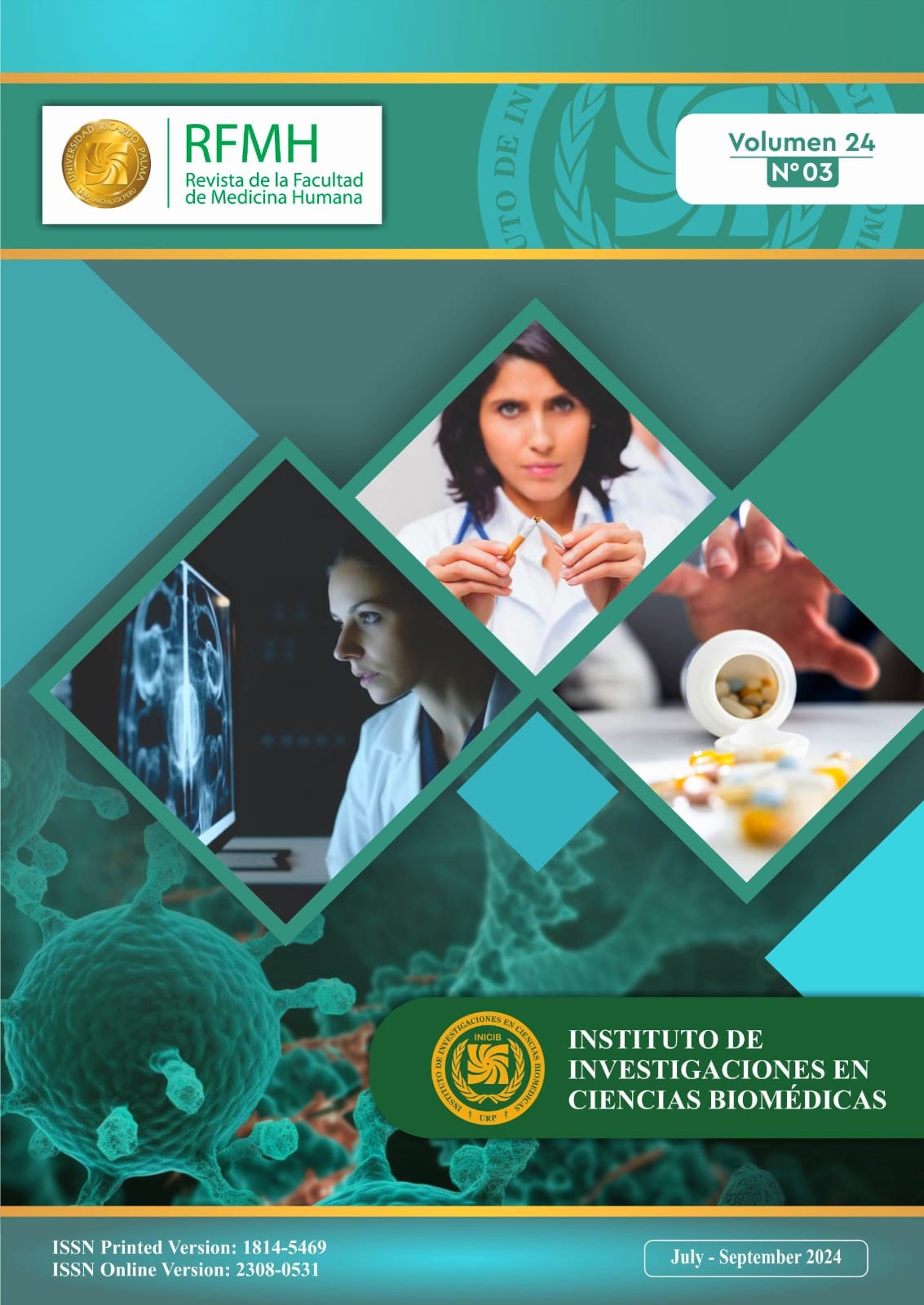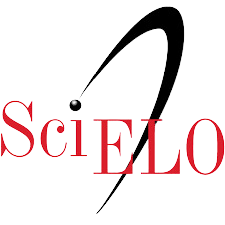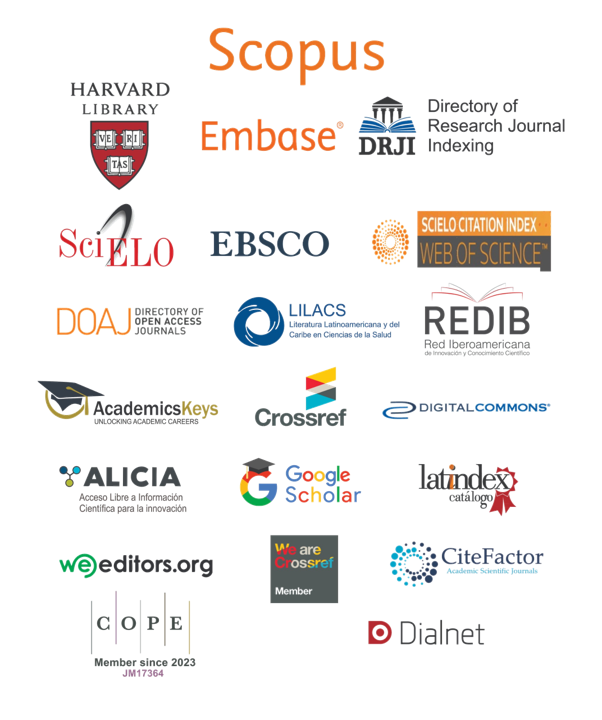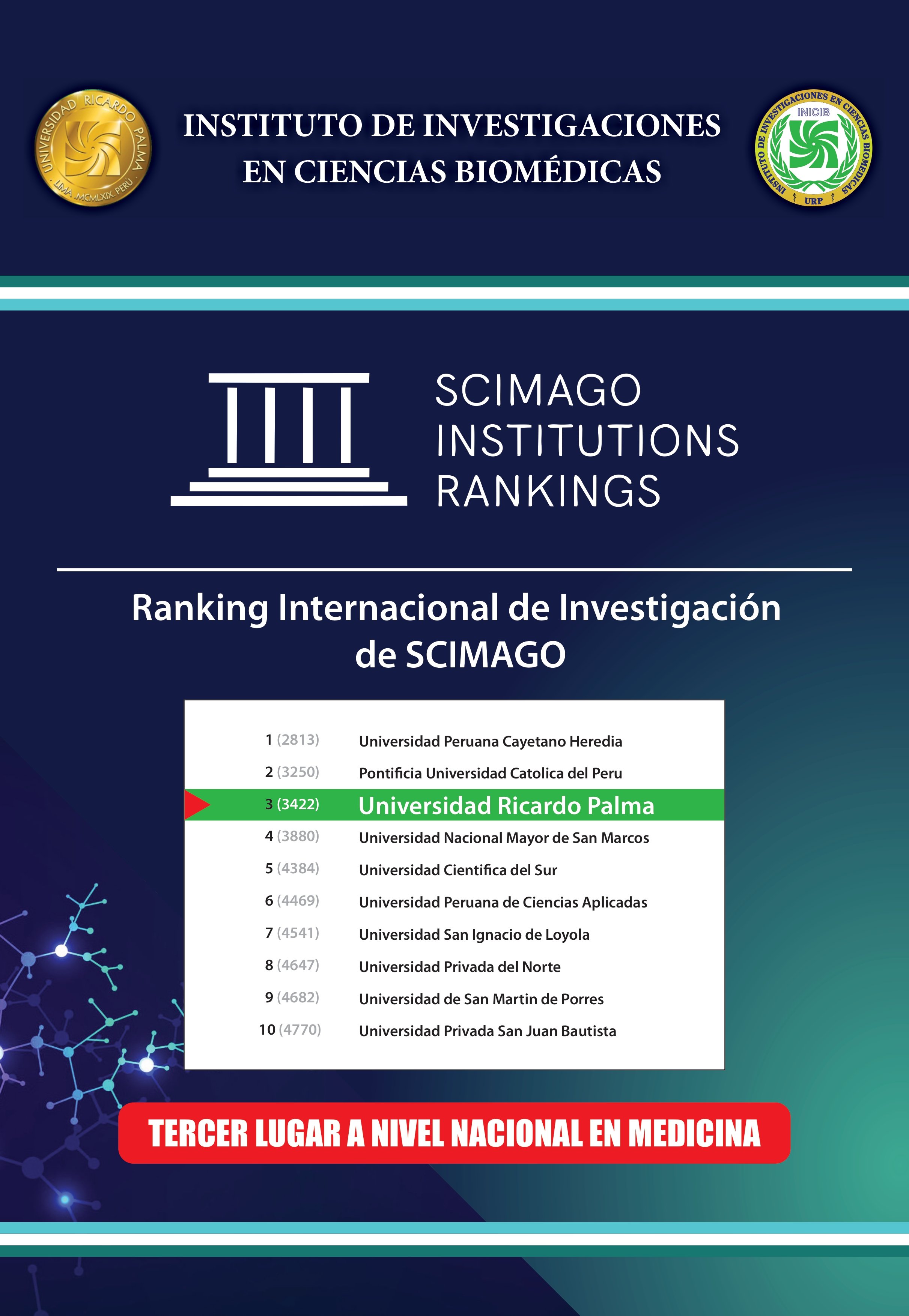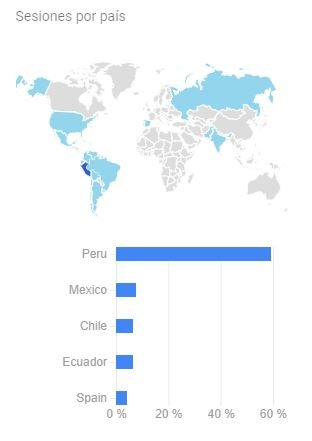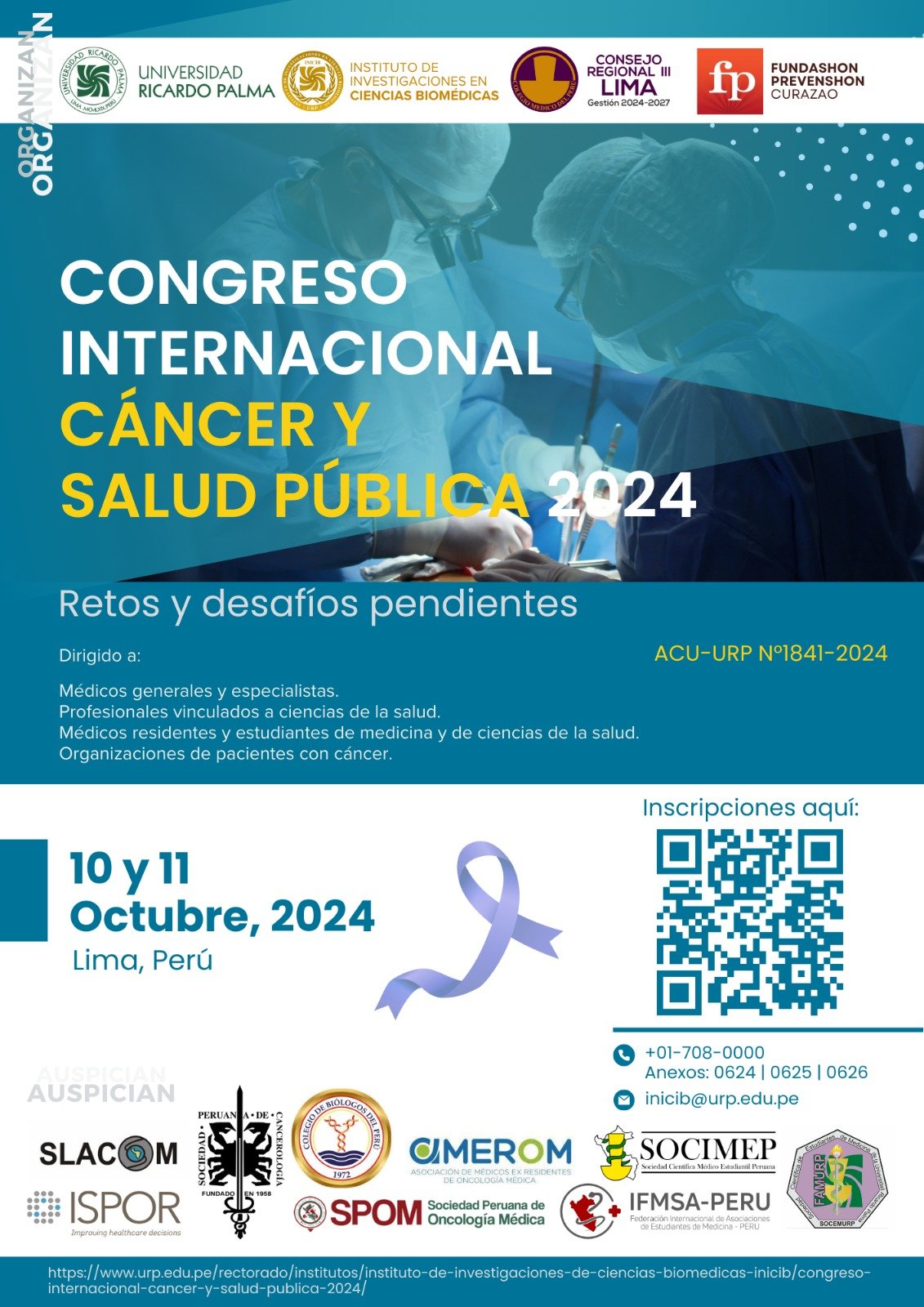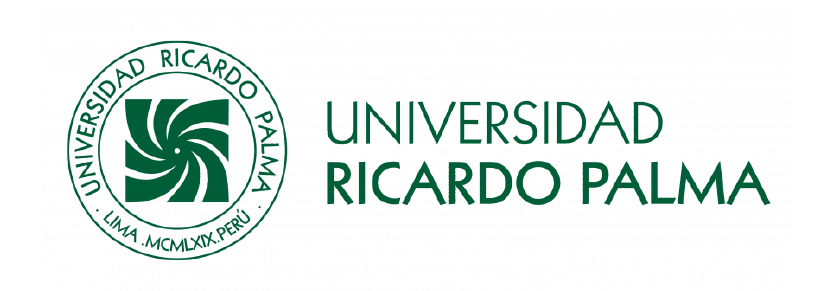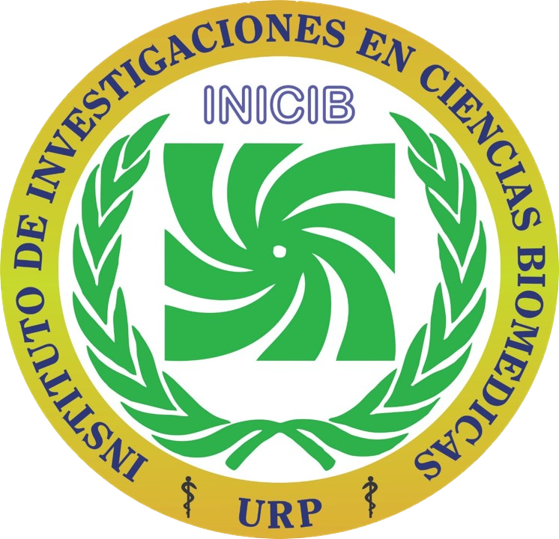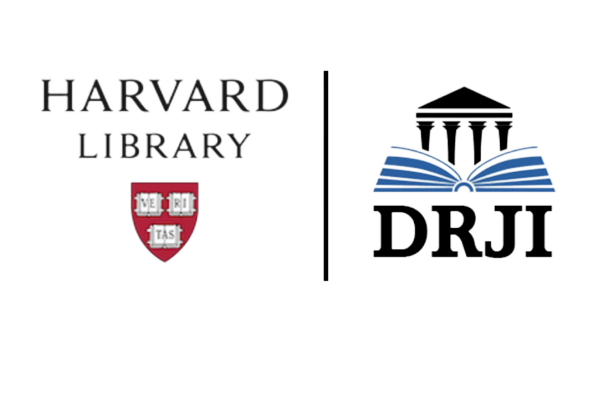The social representations of patients of Quechua origin with Type 2 Diabetes about their disease and treatment in two hospitals in Cusco
Las representaciones sociales de pacientes de origen quechua con Diabetes Tipo 2 sobre su enfermedad y tratamiento en dos hospitales del Cusco
DOI:
https://doi.org/10.25176/RFMH.v21i4.4232Keywords:
Type 2 Diabetes, Indigenous Peoples, Diabetes Education, InterculturalityAbstract
Objectives: To achieve an approximation the social representations of patients about their disease. and about its treatment. Methodology: This is a qualitative study on social representations based on the interpretive paradigm and through an in-depth interview, for which a guide of topics or categories was used, based on the objectives of the study. The study population was made up of patients treated in the Endocrinology Units of the Antonio Lorena and Regional Hospitals of Cusco, diagnosed with type 2 diabetes and of Quechua origin evidenced by their mother tongue. The sample is non-probabilistic for convenience, the representativeness of the discourse was sought for this, reaching 30 interviews based on the saturation criterion. The information analysis included 1. The transcription (from oral Quechua to written Quechua) and the translation of the interviews and 2. The computerized processing of the interviews, for which purpose the RQDA (Research qualitative data analysis) computer program was used. Results: The ideas that patients have about the cause of their disease and the changes that it produces reflect the influence of Modern Medicine and Andean and Popular Medicine. On the other hand, for the treatment of their disease, they consider it useful to combine the medications that have been indicated in the health service with the resources of Andean and Popular Medicine (medicinal herbs and other natural products). Conclusion: The patients in our study have an intercultural approach to approach and treat.
Downloads
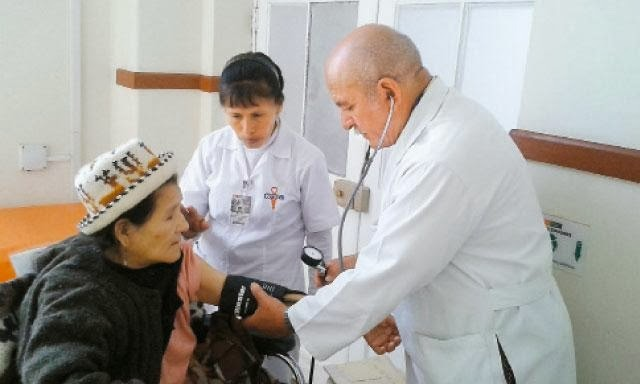
Downloads
Published
How to Cite
Issue
Section
License
Copyright (c) 2021 Revista de la Facultad de Medicina Humana

This work is licensed under a Creative Commons Attribution 4.0 International License.


